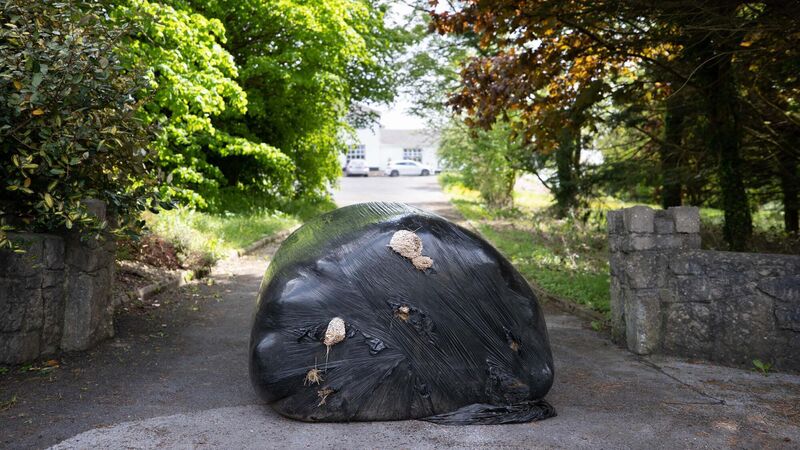Empathy advocate calls for citizens’ assembly on migration

A silage bale blocking an entrance at Magowna House in Clare recently.
Professor Pat Dolan, co-editor of , believes some form of citizens’ assembly would help ease heightened tensions about migration in Co Clare and elsewhere.
We need to have new conversations to debunk the myths but, at the same time, allow a conversation about the concerns that have been raised and find solutions to them, he says.
CLIMATE & SUSTAINABILITY HUB













